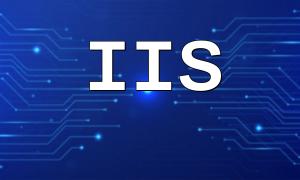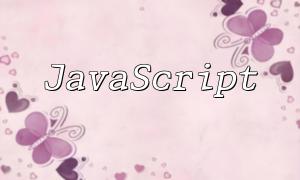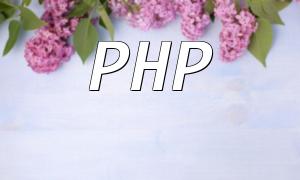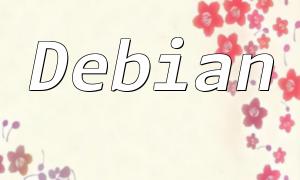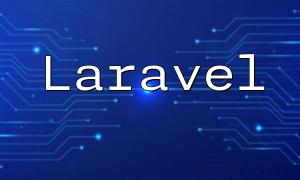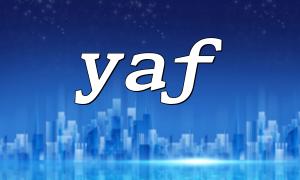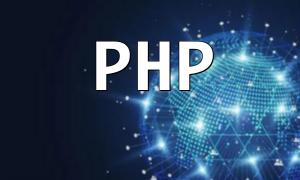When dealing with PHP JSON data, the backslash (\) is often an overlooked yet crucial character. This article will introduce how to effectively manage and handle backslashes in JSON data, helping developers tackle challenges that arise during encoding and decoding processes.
A backslash (\) is commonly used as an escape character in programming. When you need to represent special characters in a JSON string, you typically use a backslash. This is especially important when handling data that contains quotes, backslashes, or other special characters.
PHP provides built-in functions for handling JSON data, with the most commonly used being json_encode() and json_decode(). Although these functions are simple to use, they require special attention when dealing with JSON data that contains backslashes.
When using json_encode() to encode data, PHP automatically adds backslashes to escape double quotes and other special characters to ensure the generated JSON string is valid. The following example demonstrates this process:
$data = array( "name" => "John \"Doe\"", "path" => "C:\\Users\\John" ); $json = json_encode($data); echo $json; // Outputs {"name":"John \"Doe\"","path":"C:\\Users\\John"}When using json_decode() to decode a JSON string, PHP automatically handles escape characters and restores the original data. Ensure you properly use the decoded data:
$json = '{"name":"John \"Doe\"","path":"C:\\Users\\John"}'; $data = json_decode($json); echo $data->name; // Outputs John "Doe"In some cases, you might want to manually handle backslashes for more flexibility in controlling the data's format and structure. Here are some common handling techniques:
For strings containing many special characters, using raw strings can reduce unnecessary escape characters, improving code readability.
You can create custom functions to handle backslashes in strings, ensuring consistent processing during data storage and retrieval. Here's an example:
function customEscape($string) { return str_replace('\', '\\', $string); // Replace backslashes}When dealing with JSON data, make sure you understand the input data format and character set before writing it. Always use json_encode() and json_decode() to ensure the data's integrity and avoid unnecessary manual escape handling.
Handling backslashes in PHP JSON data is not complex, but it does require extra attention during encoding and decoding. By properly utilizing json_encode() and json_decode(), along with custom handling methods, you can effectively address challenges caused by backslashes and ensure smooth data manipulation.
We hope this article helps you better understand and handle backslashes in PHP JSON data, enhancing your development skills.
